In recent years, the demand for rare Rh(D) negative blood products at medical facilities, especially in Hanoi, has continuously increased compared to the previous period, most of which have been mobilized by the National Institute of Hematology and Blood Transfusion to meet the demand in a timely and sufficient manner. The program aims to contribute to raising awareness, while at the same time showing gratitude and honoring the silent contributions and willingness to donate blood of rare blood type donors.
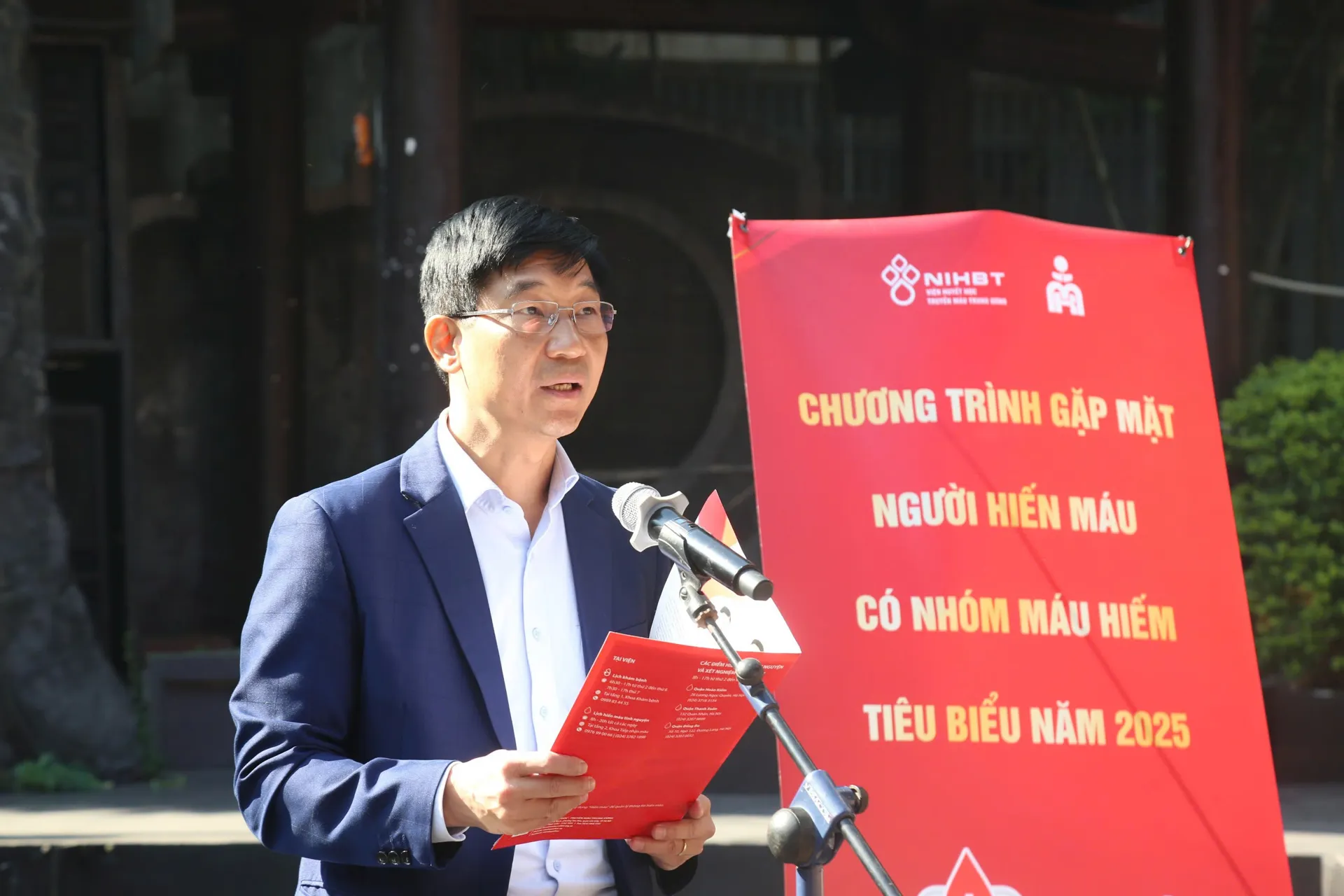
Associate Professor, Dr. Tran Ngoc Que - Director of the National Blood Center, National Institute of Hematology and Blood Transfusion spoke at the meeting.
Associate Professor, Dr. Tran Ngoc Que - Director of the National Blood Center, National Institute of Hematology and Blood Transfusion said that ensuring the source of blood donors in general, especially the source of blood donors with the rare blood type Rh(D) negative in particular, faces many difficulties and challenges, because in Vietnam, the rate of people with the Rh(D) negative blood type only accounts for about 0.07 - 0.1% of the population. When a patient with a rare blood type needs a blood transfusion, every passing moment is a priceless moment because the Blood Centers do not always have a source of rare blood in reserve.
Affirming the contributions and gratitude of those with rare blood types who did not hesitate to go on the road at night, in the rain, or on long journeys, but were still ready to go and arrive on time to donate blood, Associate Professor, Dr. Tran Ngoc Que expressed that they are the only lifesavers, a special living blood bank that, up to now, although medicine has developed greatly, there is still no optimal method that can replace it. These "silent heroes" with precious rare blood types are always ready to share life and light up hope for patients in need of blood.
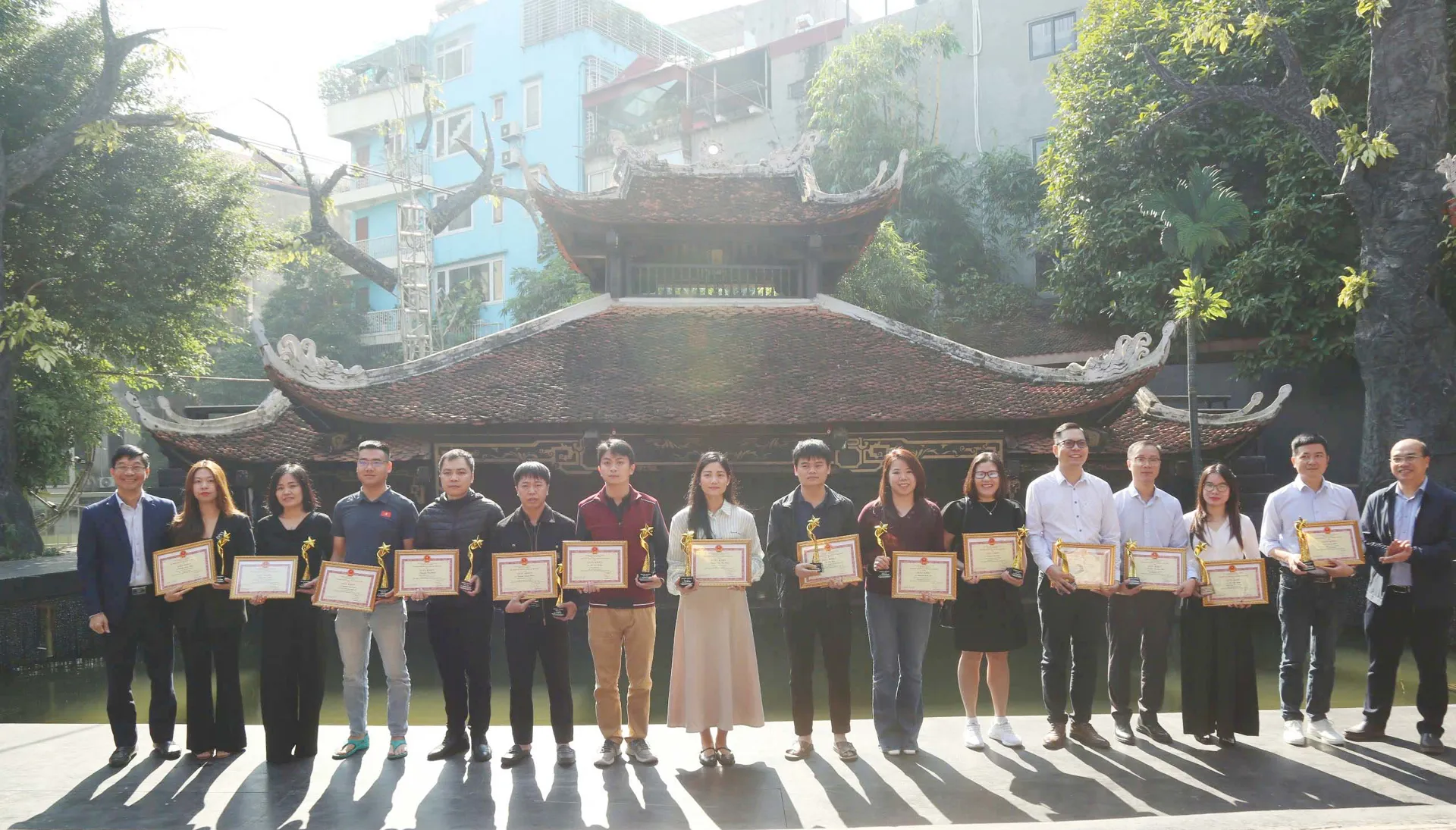
The National Institute of Hematology and Blood Transfusion honors and rewards outstanding rare blood type donors in 2025.
The National Institute of Hematology and Blood Transfusion hopes that donors with rare blood types will always be a bridge to mobilize relatives with the same rare blood type to connect with the National Blood Center and the club of people with rare blood types to have a strong community of donors with rare blood types, ready to donate blood whenever patients need it.
As of November 2025, the International Society of Blood Transfusion recognized 48 red blood cell blood group systems with 398 different blood group antigens. Each blood group system has different blood types due to the presence or absence of antigens with genetic characteristics on the surface of red blood cells and antibodies in the serum of that person. Of these, the ABO blood group system and the Rh blood group system are the most important in blood transfusion practice. Blood groups O, A, B, AB belong to the ABO blood group system. The Rh blood group system has the most diverse and complex antigen system with 56 antigens, of which the D antigen is the most common.
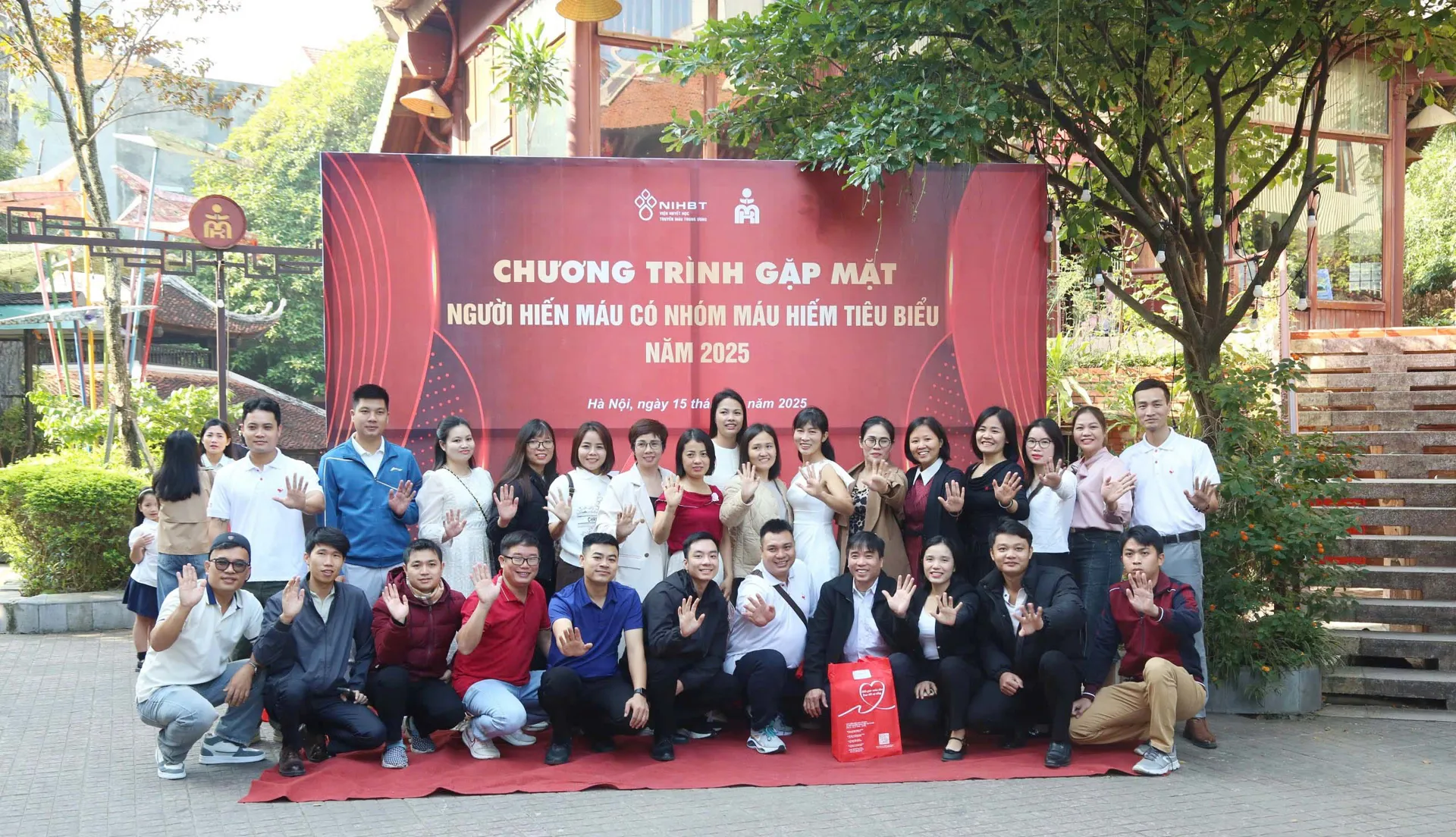
Typical rare blood type donors.
Blood group antigens vary widely in frequency among races, countries, and geographic regions. Thus, a blood type that may be rare among Caucasians may not be rare among Asians, and vice versa.
The International Society of Blood Transfusion defines blood types with a frequency of less than 0.1% as rare blood types and those with a frequency of less than 0.01% as very rare blood types.
In Vietnam, one of the rare blood types often mentioned is Rh(D) negative because it only accounts for less than 0.1% of the population. Meanwhile, the rate of Rh(D) negative blood type in the community in Europe or many countries is not rare, because it can account for up to 15 - 40% of the population.
Source: https://kinhtedothi.vn/ton-vinh-nhung-nguoi-hung-tham-lang-mang-nhom-mau-hiem-giu-lua-su-song.908222.html



![[Photo] General Secretary To Lam receives Vice President of Luxshare-ICT Group (China)](https://vphoto.vietnam.vn/thumb/1200x675/vietnam/resource/IMAGE/2025/11/15/1763211137119_a1-bnd-7809-8939-jpg.webp)

![[Photo] Prime Minister Pham Minh Chinh meets with representatives of outstanding teachers](https://vphoto.vietnam.vn/thumb/1200x675/vietnam/resource/IMAGE/2025/11/15/1763215934276_dsc-0578-jpg.webp)


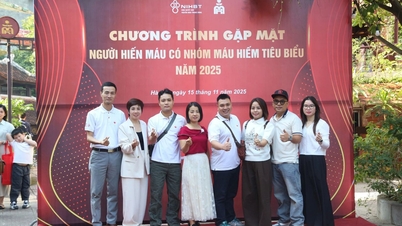



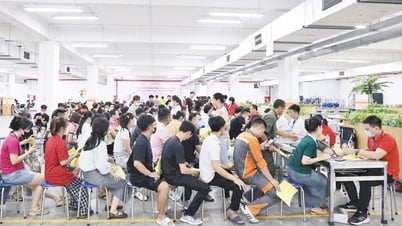

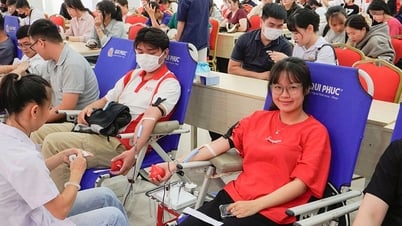

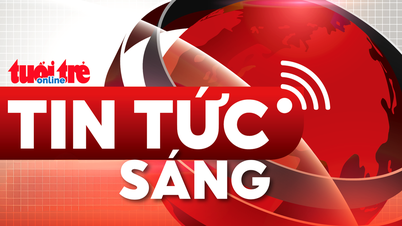




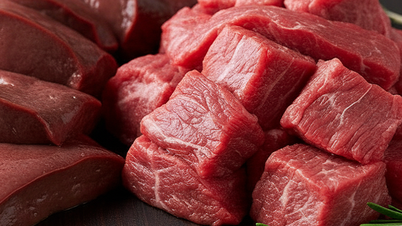


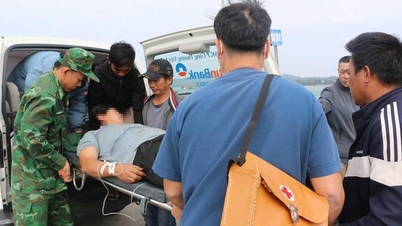
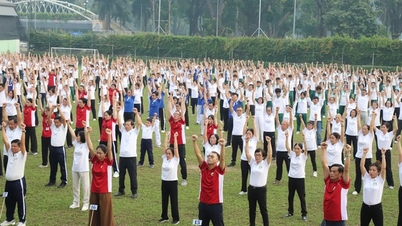




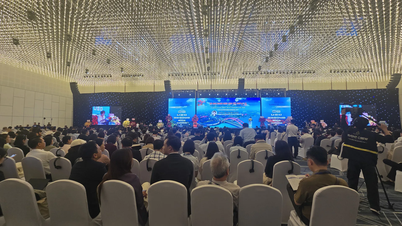
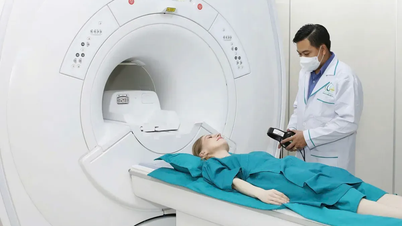
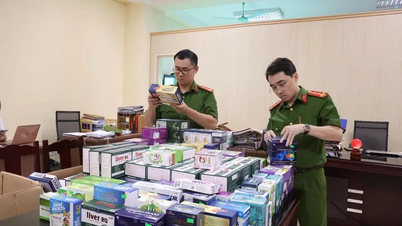
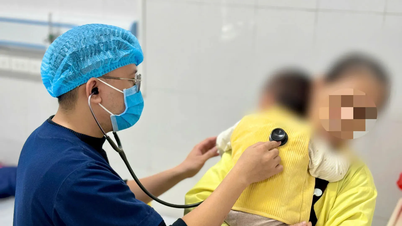

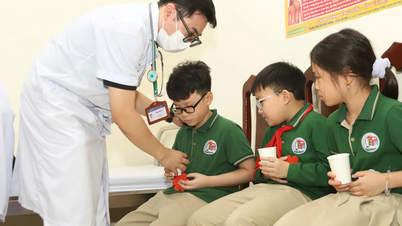








































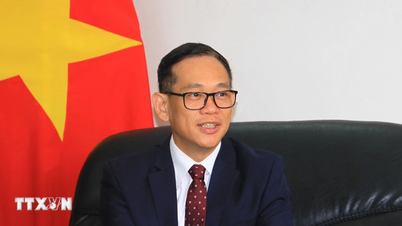


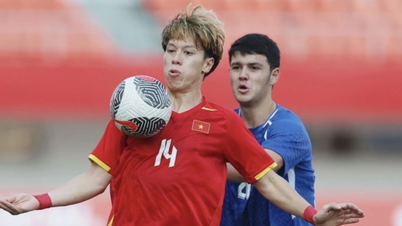




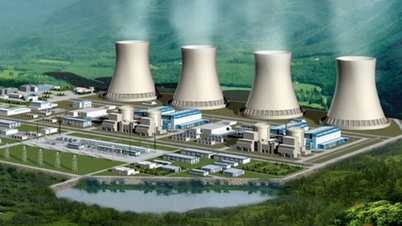



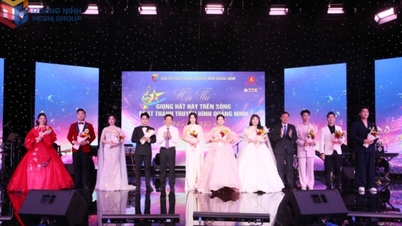


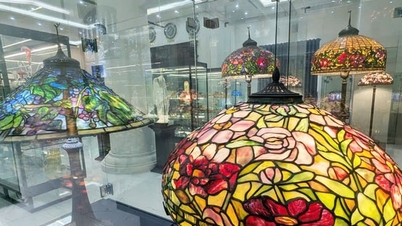

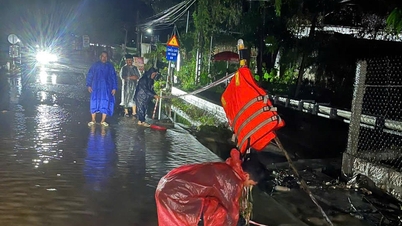










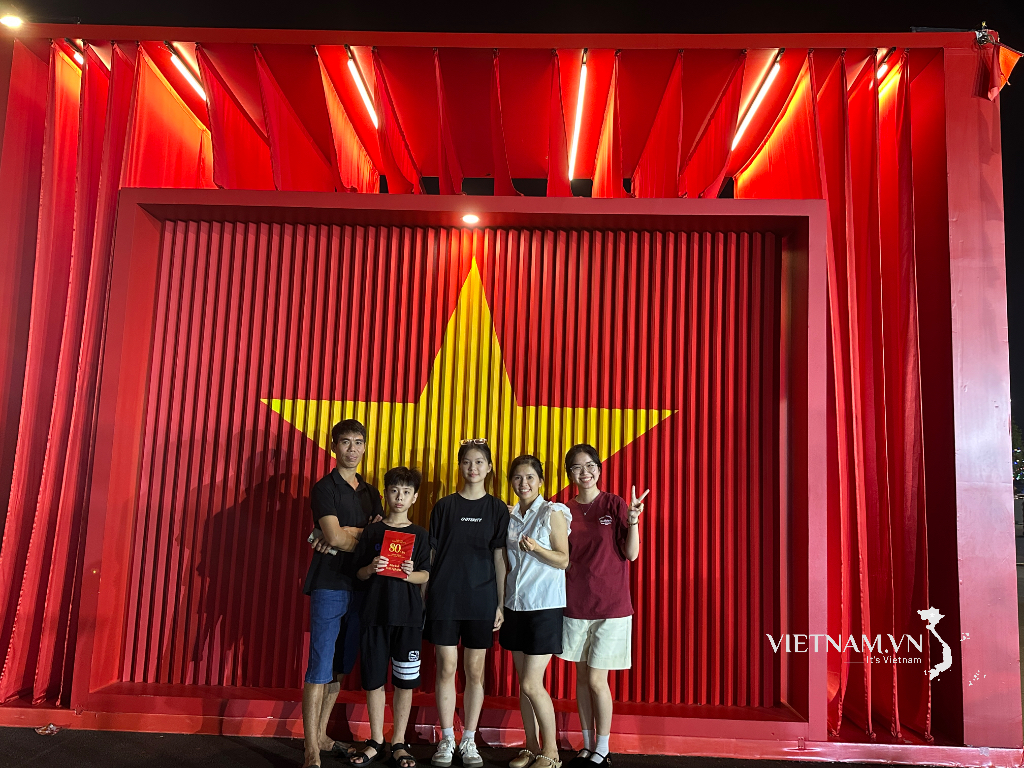
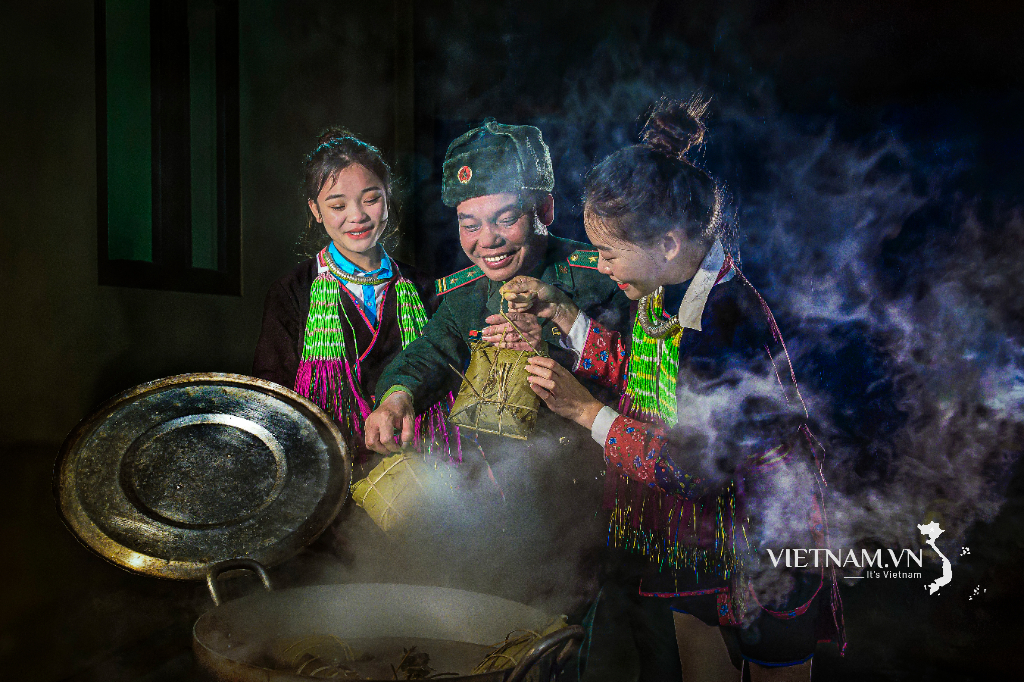

Comment (0)